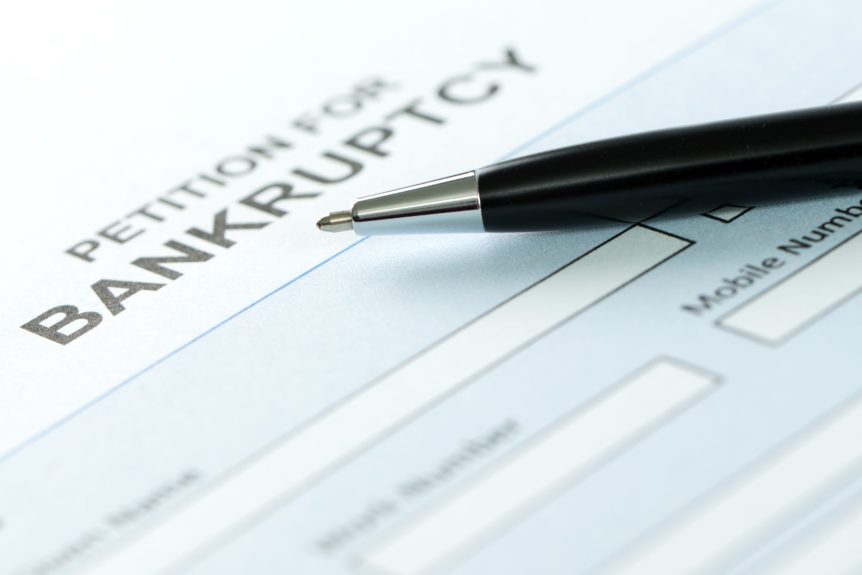Are you daydreaming about being your own boss? Go into it with your eyes wide open. Here are 10 common reasons why entrepreneurs may wind up in personal bankruptcy.
1. Getting into the Business for the Wrong Reasons
- An ill-conceived Plan B following a layoff, firing or downsizing
- More time with the family; no boss; etc.
- Getting into a business in which the entrepreneur has no experience or knowledge
2. Not Incorporating, or Incorporating but Failing to Follow Corporate Formalities
- Operating as a sole proprietor and incurring a liability
- Failure to follow corporate formalities
- Failure to file annual reports with the Secretary of State and pay annual fees
- Don’t forget about licenses and permits
3. Personally Guaranteeing or Otherwise being Personally Responsible for Corporate Debts
- Personal guaranties (corporate credit cards, corporate leases, etc.) that come due when the company can’t pay
- Otherwise personally responsible (trust fund taxes, i.e., those that are withheld from a third party to be remitted to the taxing authority, such as sales and use tax); piercing the corporate veil so that the owner is liable for corporate activities)
4. Inadequate Capital: Business Cash Flow Insufficient to Pay the Owner, at Least Early On
5. Poor Bookkeeping and Accounting
- Tax problems
- Failure to pay individual income tax debt, through quarterly installment payments or otherwise
- Failure to pay trust fund taxes
- Failure to timely file tax returns and reports
- Lack of fraud controls
6. Commingling Business and Personal Finances
- Using the business to fund an otherwise unaffordable lifestyle: take care of your business, and your business will take care of you
- Business partner(s) may not approve
- Fraudulent transfers and preferences
7. Overexpansion
8. Dysfunctional Management
- Delegating administrative functions to the wrong person
- Having the family on the payroll
- Lack of diversification of income and risk; personality clashes; effect on non-family employees
- Increased likelihood of an audit
- Can affect family asset planning and protection
- No succession plan
- Poor communication/responsiveness: full voice mail, voice mail never set up, fax line doesn’t work, no website, website down, etc.
9. Seasonal Flucuations
10. When Bad things Happen to Really Good People: Something Entirely out of the Owners’ Control
- Business interruption that is not covered by insurance: construction, natural disaster, cybercrime, pandemics
Heather Culp and John Woodman are bankruptcy attorneys with Essex Richards in Charlotte. Reach them at hculp@essexrichards.com and jwoodman@essexrichards.com.

